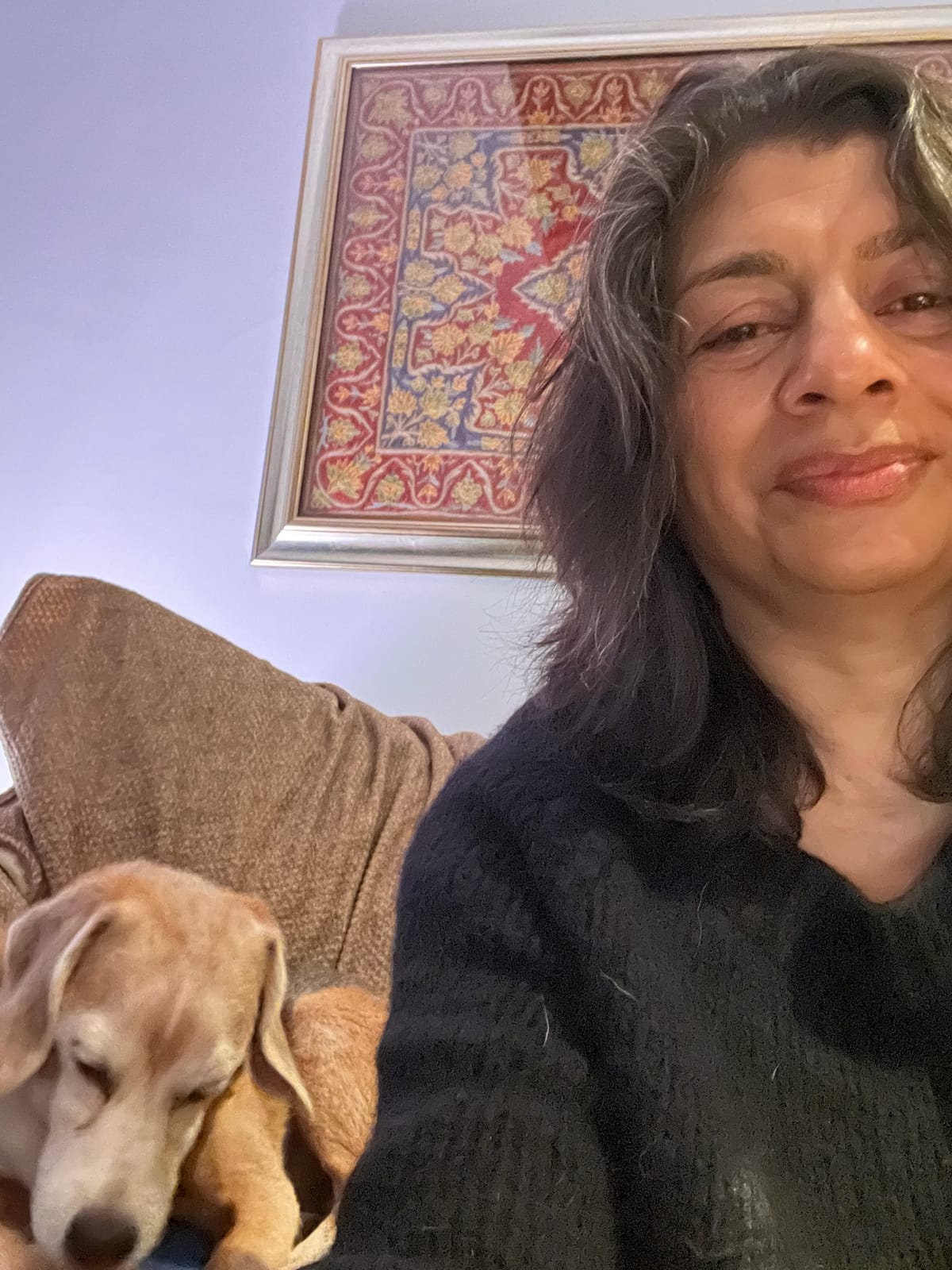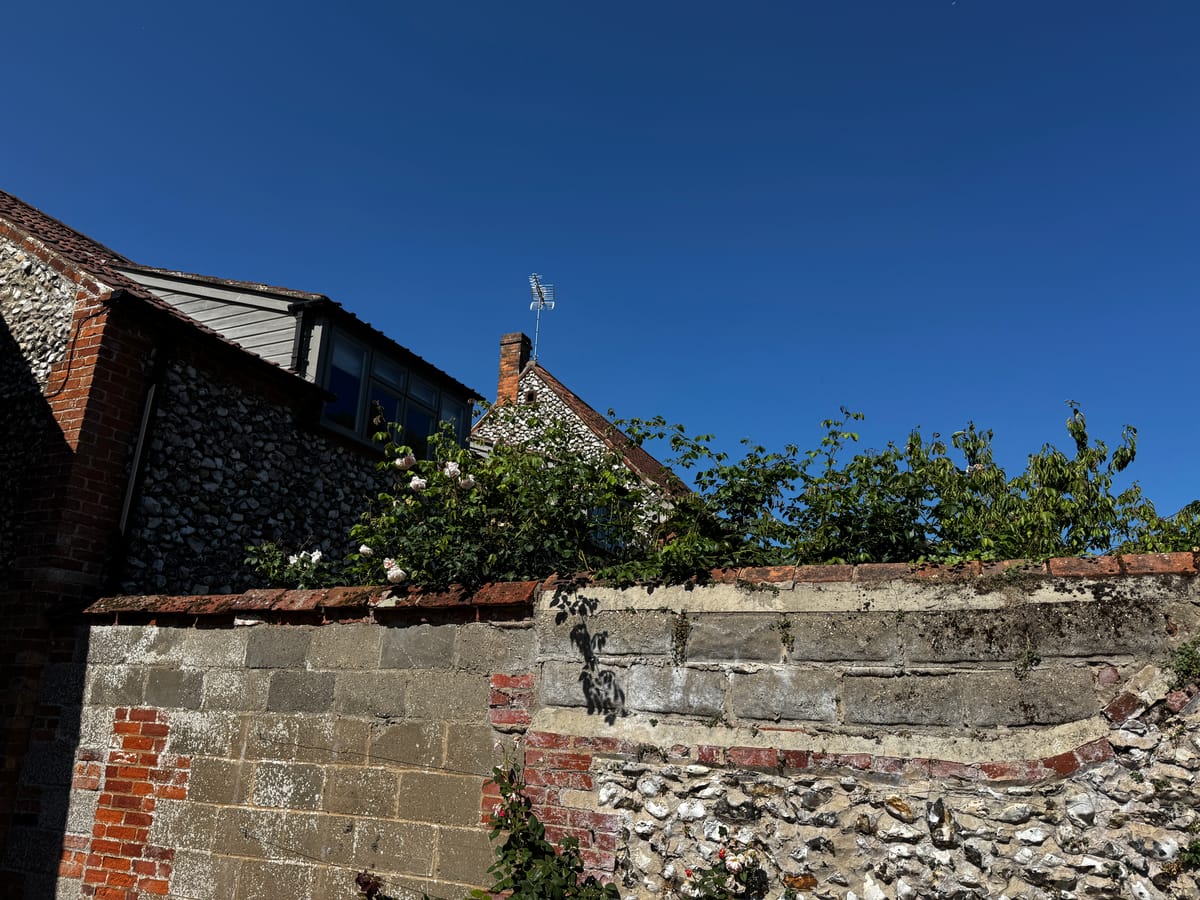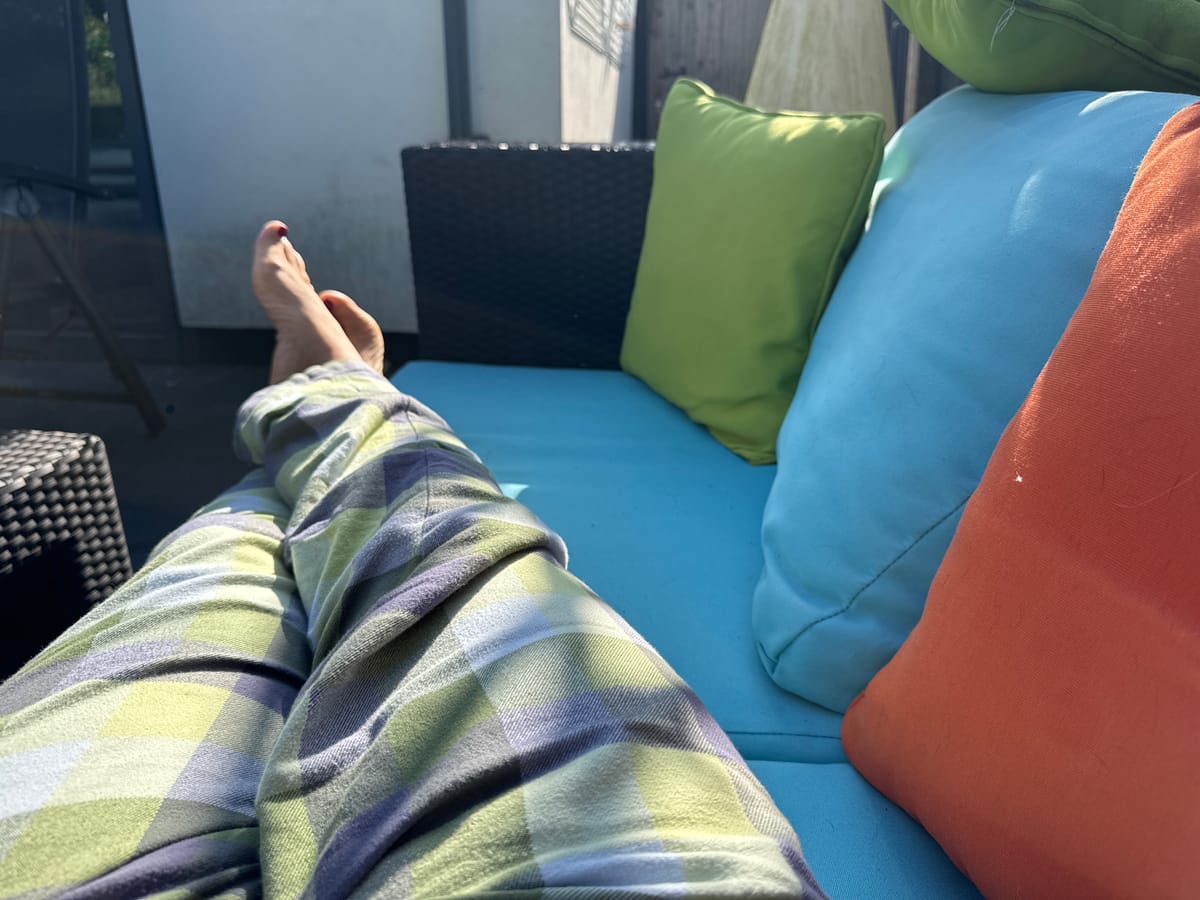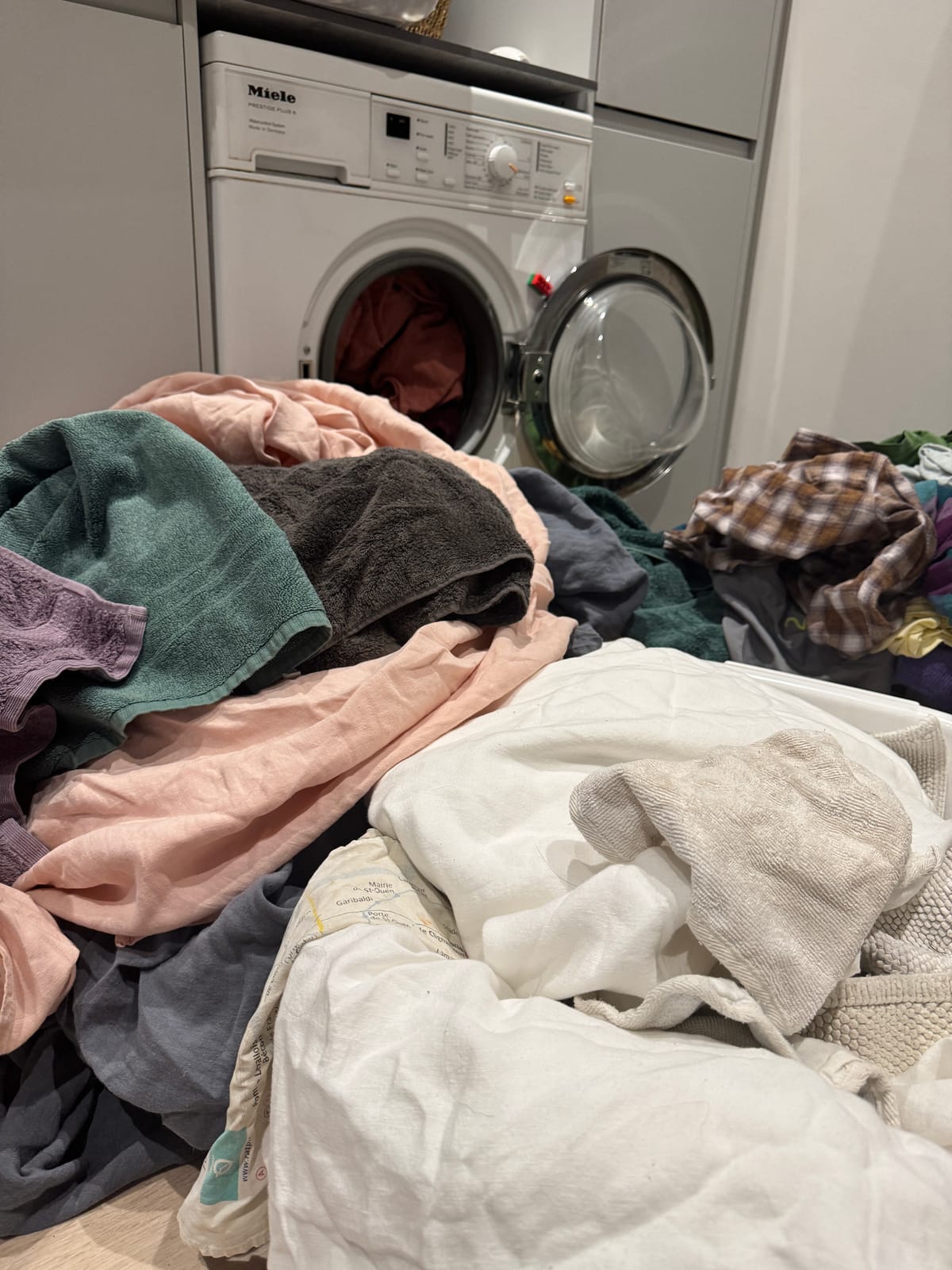My dad as a young man. This photo dates from the 1950s, I think.[/caption]
My dad, Keshav, had he lived, would have been 80 years old today.
Born into a Brahmin family in rural Vita, India, he left his university course in 1952 to join my uncle who was seconded to the UK with the Indian Navy. In those days, the UK was the mother country of the Empire and the streets were supposedly paved with gold. Large scale recruitment took place from the Indian Sub-Continent and the Caribbean for people - then still British subjects - to work in the newly-formed NHS and on public transport. It was natural that, given such a golden opportunity, he would come to London to continue his studies here.
He soon found that his life was to be tough. He was one of that generation of people who would rise early to go and labour on post-war building sites, going on afterwards to college for his 4 A levels and further education, then coming home to study into the small hours in a largely unheated, dimly lit room. This experience cannot have enhanced his eyesight, extremely poor from a young age and although he tried to complete his degree, he did not succeed, gaining instead a Diploma in Marketing that was framed and proudly displayed in the sitting room of his house until after his death.
Life was tough in the early days. My dad lived in a succession of boarding houses, "digs," where he could be told at a moment's notice that his presence was no longer welcome. Was he rowdy, badly behaved or ill mannered? No. It was because he was Indian. My dad learned very quickly to assume the ways of his hosts and became assimilated. He swallowed casual racism, learning to wave it away with a stroke of one of his large hands. People called him "George," because they could not pronounce his first name. Perhaps it was this indignity this that prompted him to give me a name that he thought everyone would find easy. Sadly, he was wrong in that.
My dad became a committed Labour Party supporter and joined the early CND Aldermarston marches against nucear weapons. I remember him explaining to the 7 year old me all about apartheid in South Africa, after he was shocked to find a tin of fruit cocktail from that country in the larder. He seemed very pleased at my interest in politics and current affairs, and that I would argue with any of his friends. He encouraged my interest in music from an early age. I remember coming home from school at the age of 5 and humming the Blue Danube Waltz. My dad hunted through his disorganised collection of vinyl - he had been a member of a record club - and played me that and Mozart, Beethoven, Rachmaninov.
Dad worked hard exporting railway parts until he was made redundant in 1980 by the relocation of his company to the North. Those nine months of unemployment changed my dad's personality forever. He tried so hard to find a job, painstakingly writing out his slanting CV in tiny capital letters. It must have been so difficult in an era before word-processing for someone with such poor eyesight. A normally jovial fellow, he became quieter and more reserved, but eventually found a job locally for half the pay. Still, it was a job, and he enjoyed being useful.
His outgoings were low: he had paid off his mortgage and I was at the local grammar school. My dad spent nothing on himself, squirrelling away savings for a pension he hardly even drew. My mum was working so life was not as difficult as it might have been. They still managed trips to India and travelled together all over the world. In later years they would sit in front of the television: he was my deaf mother's ears, explaining the dialogue to her; she was his eyes, describing the landscape and actions of the characters. She still does this.
When I started going out with my boyfriend shortly after this, it must have been a huge shock to his system as we had been relatively close. However, he eventually came to like and respect him, making his speech at our wedding several years later a paen of praise to him. He was tremendously happy at the arrival of his grandchildren and rejoiced in telling them stories as they sat on his knee.
In his later years, my dad was probably completely blind, and his refusal to acknowledge this probably prevented people from helping him. Without a white stick, he would launch himself across the road and hope that drivers would see him and stop, thinking this was just another stupid drunk. I am glad he never saw or heard the name calling of some of my fellow sixth formers as he sat everyday at the front of the bus. The memory of this makes me cringe. What had my dad ever done to them? Nevertheless, my dad had a huge circle of friends and was always welcoming guests from India.
I think my dad became depressed by his incipient blindness and by a feeling that the world was passing him by. When we moved to Paris and he could no longer come and see us every week, I think he just faded away, devoured by cirrhosis caused by childhood hepatitis. The last time I spoke to my dad on the phone, he called me in Paris to tell me he was going into hospital for routine surgery. He caught an infection there, and, as I enjoyed a final summer holiday day out with the children at Parc Astérix, I got the call from my cousin to tell me that I'd better come, quickly. I raced back through the rush hour traffic on the Périphérique, and managed to get the last Eurostar to London, arriving at midnight. I went straight to see my dad in hospital but by that time it was just a question of when we switched off the machines keeping him alive. In the end, he slipped away, making the decision for us. He would have liked that.
As I sat with him, I could think only of our bitter arguments as we both dug our heels in and the emotional blackmail and hurt. I wish I had not become so estranged from the sensitive person inside. He would have been glad that his death was one of the factors that has brought our family together and made us closer than we ever were when he was alive.
We all still miss him.





Member comments